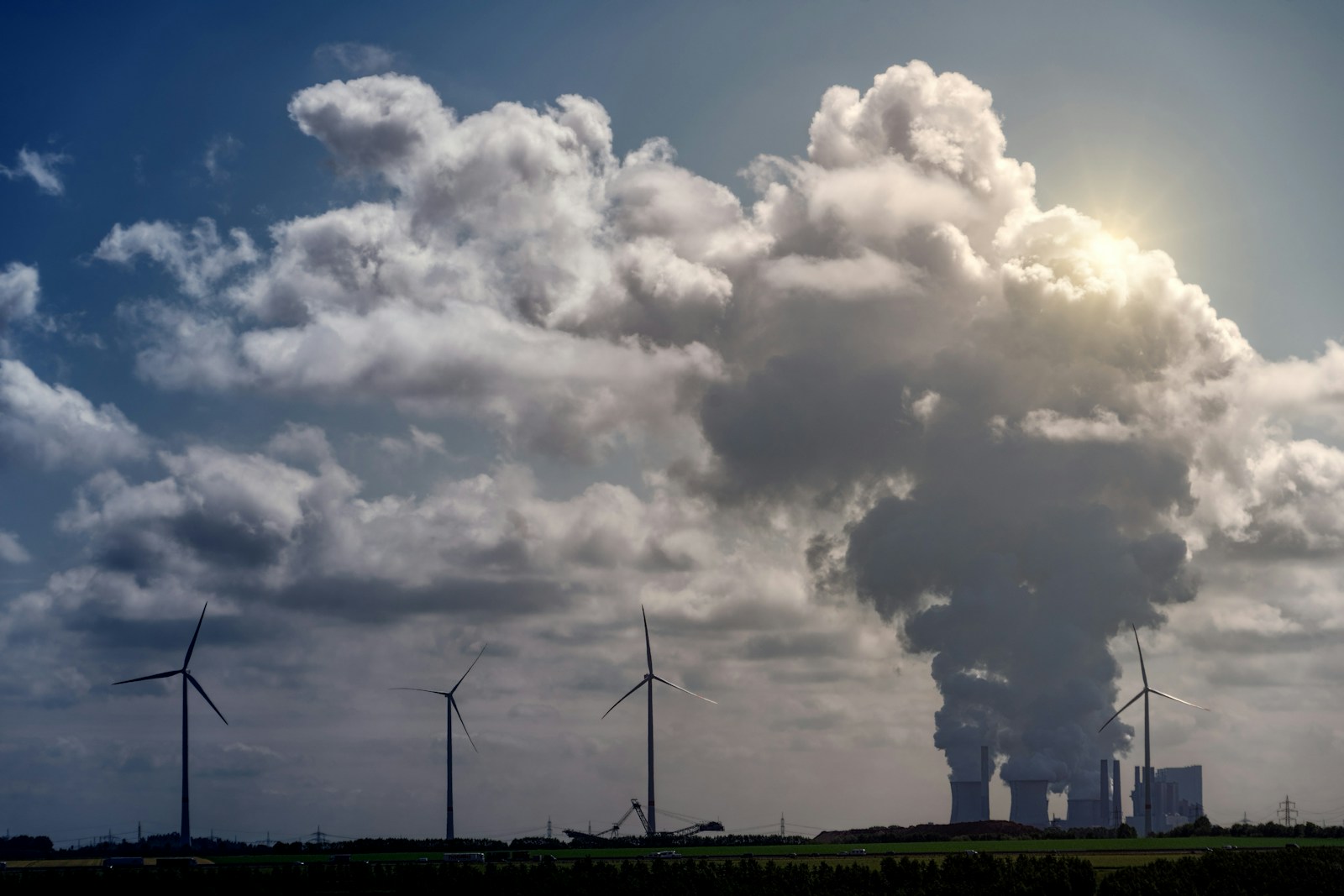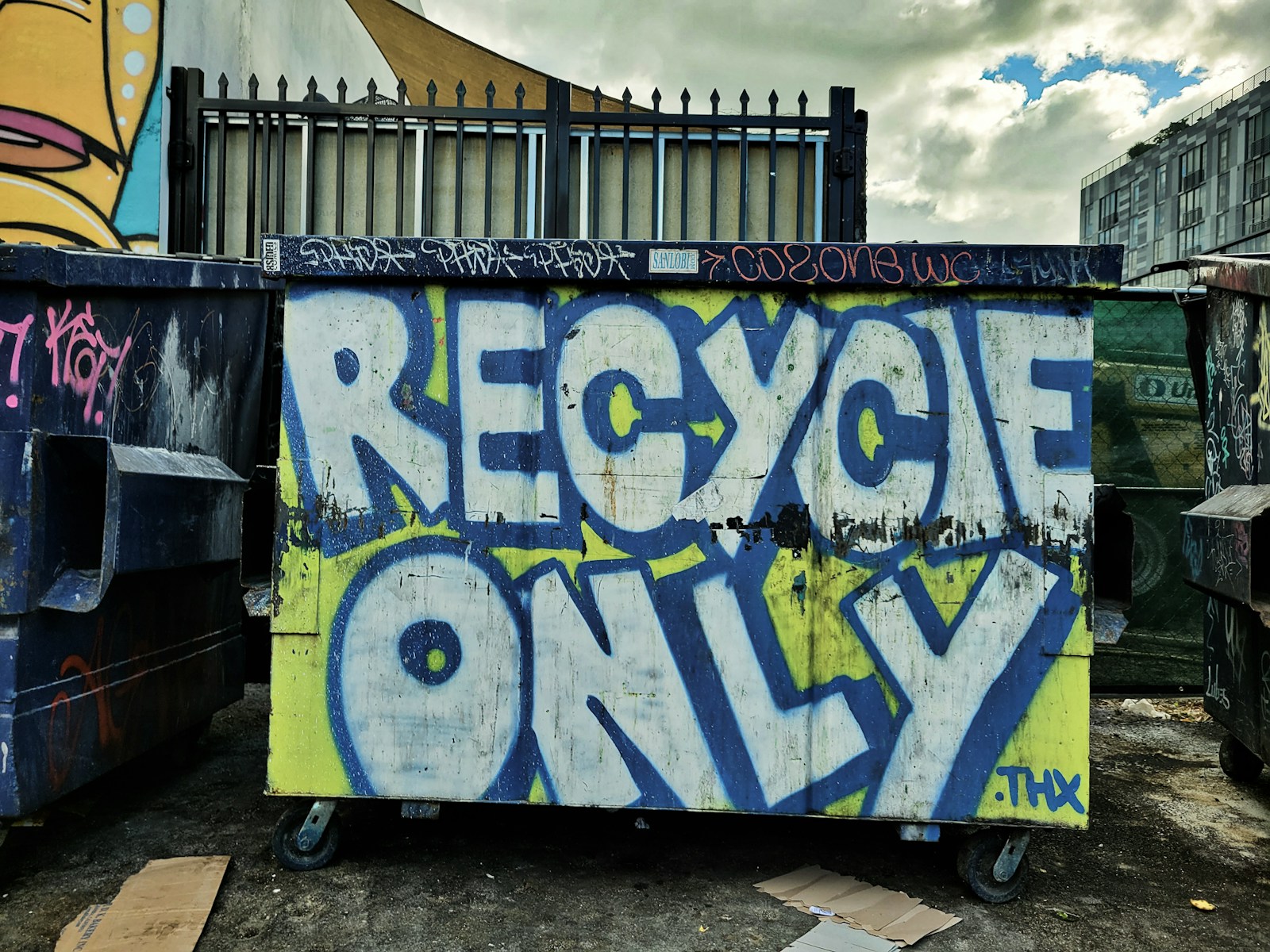The Ghost in the Machine: Can AI's Code Recode Our Climate Future?

Artificial intelligence is rapidly becoming the defining technology of our era. From the large language models that generate text to the complex algorithms that guide our financial markets, AI is a tool of almost unimaginable power. It can analyze vast datasets, identify subtle patterns, and optimize complex systems in ways that are far beyond the capabilities of the human mind. It is natural, then, to ask if this powerful new tool could be turned towards solving our most existential challenge: climate change. The potential is immense. AI could be a "ghost in the machine" of our global systems, a powerful intelligence that helps us recode our economy for sustainability. But this technological savior has a dark side: a voracious and rapidly growing appetite for energy.
The promise of AI in the climate fight is breathtaking. One of the most immediate applications is in optimizing our energy grid. AI algorithms can predict weather patterns with incredible accuracy, forecasting wind and solar generation minute by minute. They can also predict energy demand, allowing grid operators to more efficiently balance supply and demand, reducing the need for fossil fuel "peaker" plants and minimizing energy waste. In the realm of material science, AI is being used to accelerate the discovery of new materials for batteries, solar cells, and carbon capture systems, running millions of simulations to identify promising candidates that would have taken decades to find through traditional lab work.
AI can also revolutionize our understanding of the Earth's climate system. Machine learning models can analyze satellite imagery to track deforestation in real-time, monitor the health of coral reefs, and measure methane leaks from oil and gas infrastructure with unprecedented precision. This provides the data needed for more effective conservation efforts and for holding polluters accountable. In agriculture, AI-powered systems can help farmers optimize their use of water and fertilizer, increasing crop yields while reducing environmental impact. The list of potential applications is nearly endless, touching every sector of the economy.
However, this incredible computational power comes at a steep environmental cost. Training a single large AI model can consume a staggering amount of electricity, equivalent to the annual energy use of hundreds of homes. The data centers that house these models are massive, energy-hungry facilities that require constant cooling. As the race for more and more powerful AI models intensifies, the energy consumption of the tech sector is projected to skyrocket. If this electricity comes from fossil fuels, we risk creating a vicious cycle where the tool we are using to fight climate change is actively making the problem worse.
This creates a critical need for the development of "sustainable AI." This means designing more efficient AI algorithms that require less computational power to train and run. It means siting new data centers in regions with abundant clean energy and designing them for maximum energy efficiency, using innovative cooling techniques and recycling waste heat. It also requires a new level of transparency from tech companies, who must be open about the energy consumption and carbon footprint of their AI models. We need to measure the "carbon cost" of every query and every training run.
The relationship between AI and climate change is a classic double-edged sword. AI offers us a powerful new set of tools to understand, mitigate, and adapt to the climate crisis. It has the potential to accelerate our transition to a sustainable economy in countless ways. But if we are not careful, the exponential growth of AI's own environmental footprint could cancel out many of those benefits. The challenge for our generation of engineers and policymakers is to harness the immense power of this new intelligence while taming its equally immense appetite for energy. We must ensure that the ghost in the machine is working for the planet, not against it. test



